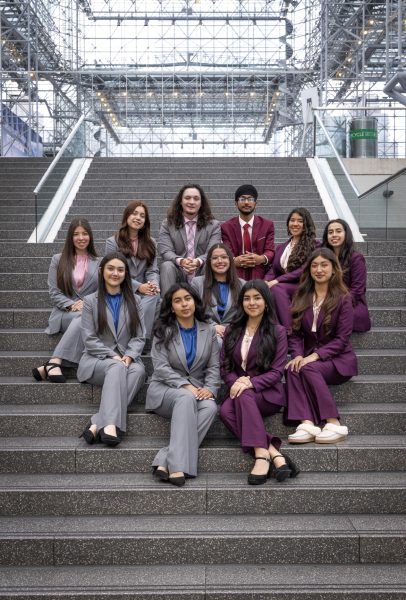Can College Selection Be Biased?
May 5, 2023
The decision-making process can be difficult when choosing a college or university. It’s simple to get lost in the sea of options when there are so many things to consider, from location and cost to academic programs and campus culture. The question of whether college selection is biased is one that has grown more important in recent years.
Bias in college selection can take many forms, but the most common concerns are related to socioeconomic status, race, and gender. Some argue that students from wealthy families have an unfair advantage in the admissions process, as they are more likely to have access to resources such as private tutors and test prep courses. This type of advantage isn’t a huge factor as there are so many things online that could help you perform better academically. Similarly, there are concerns that colleges may discriminate against students of color or those from disadvantaged backgrounds.
While these concerns are valid, it’s important to remember that the college selection process is not inherently biased. I’m almost certain that admissions officers strive to create a diverse and inclusive student body, and many institutions have implemented policies to ensure that applicants from all backgrounds are given a fair chance. Of course, there is going to be bias at universities because some schools only want students that are going to represent them best.
Of course, there are a number of factors beyond a student’s background that can influence college selection. For example, students may prioritize academic reputation, program offerings, and campus culture over more tangible factors like cost and location. A recent survey found that academic reputation was the most important factor for students when selecting a college, followed by program offerings and campus culture (Student Voice survey from Inside Higher Ed and College Pulse).
That being said, it’s important to acknowledge that bias does exist in the college selection process, and it’s up to both colleges and students to address it. Colleges can take steps to ensure that their admissions processes are fair and equitable, such as implementing need-blind admissions policies (not consider an applicant’s financial situation) or increasing financial aid for low-income students. Bias in admissions is affecting the future of our generation in advancing our education. Students can work to overcome any obstacles they may face in the college selection process by seeking out resources such as college prep programs and scholarship opportunities.
Although bias does exist in the college admissions process, it’s important to keep in mind that this is not a systemic problem. We can work to develop a more fair and inclusive college selection process that ensures all students have an equal opportunity to pursue higher education with a concentrated effort from both colleges and students.







